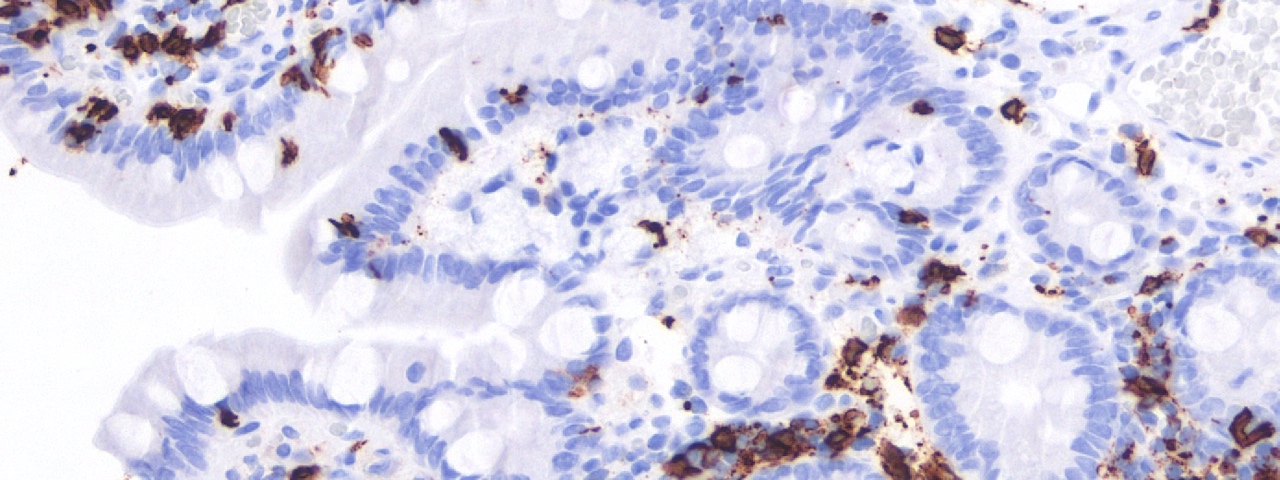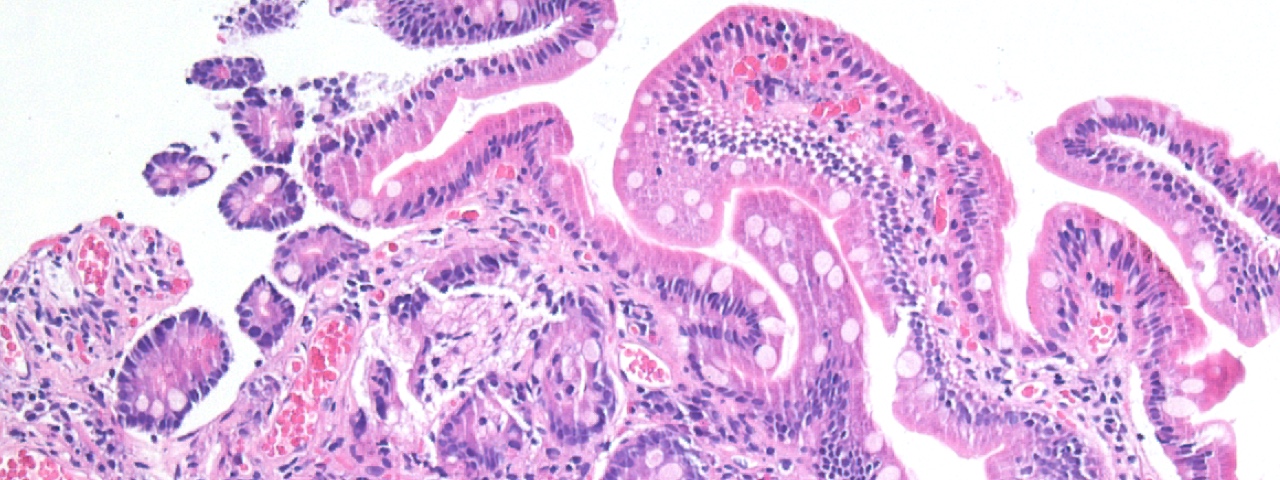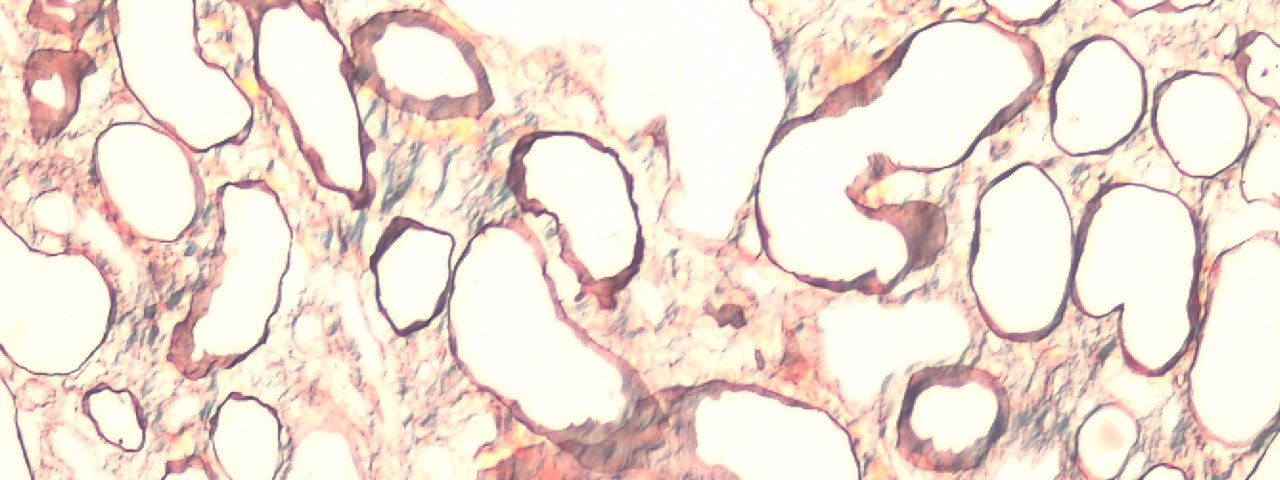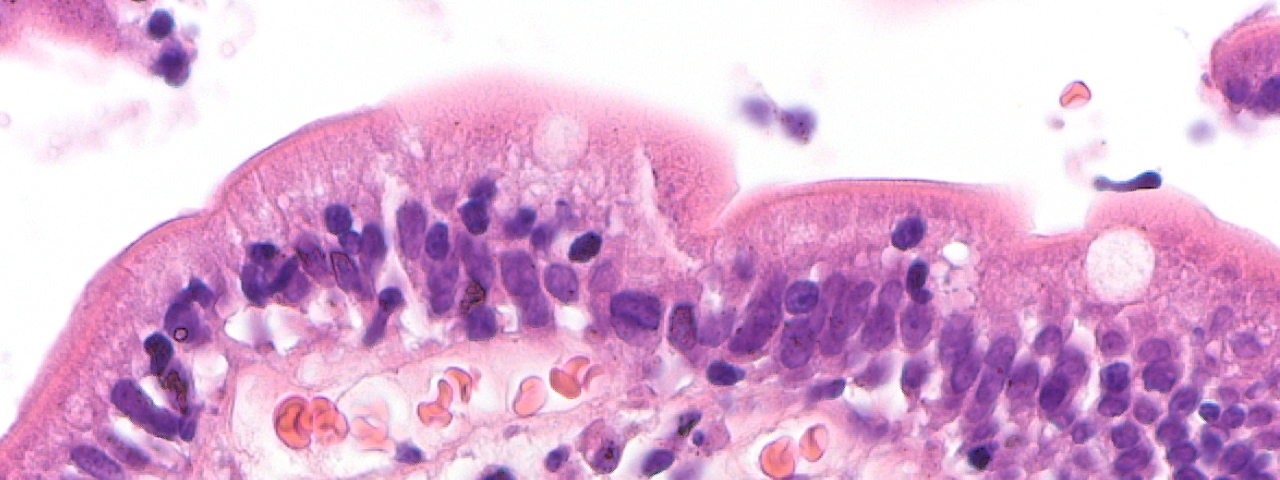The goal of the CRC 1160
The Collaborative Research Center (CRC) 1160. “Immune-mediated pathology as a consequence of impaired immune reactions (IMPATH)” is a research consortium of clinical and basic immunologists exploring the basis of diseases mediated by the immune system.
The CRC sets out to challenge the traditional idea that an “overreaction” or “deviation“ of normal immune responses is pivotal to immune mediated pathology and that, consequently, immunosuppression is the appropriate therapeutic strategy for such disorders. Instead, the conceptual basis of the CRC is the idea that impaired immune reactions constitute a major prerequisite for immunopathology. This is what we call the “IMPATH paradox”. This paradox implies that immune reconstitution and/or immune stimulation rather than immunosuppression represent appropriate therapeutic principles for these forms of immunopathology.
News
Publications
Wenger V, Garcia-Manero G, Zeiser R, Lübbert M. 2026. DNA methyltransferase inhibitors in hematological malignancies and solid tumors. Int J Cancer. 158(2):433-461. doi: 10.1002/ijc.70197.
Fliegauf M, Nitschke K, Mrovecova P, Posadas-Cantera S, Camacho-Ordonez N, Warnatz K, Keller B, Grimbacher B. Compound heterozygous NFKB1 missense variants in cis associated with immunodeficiency. 2026. Clin Immunol. 282:110637. doi: 10.1016/j.clim.2025.110637.
Woessner NM, Keller B, Minguet S. 2025. LCK at the crossroad of immunodeficiency and autoimmunity: Mechanisms and therapeutic opportunities. Immunol Lett. 2025 279:107126. doi: 10.1016/j.imlet.2025.107126.
Srinivasan S, Subramanian S, Zhou H, Hoppmann A, Metzger P, Boerries M, Ramamoorthy S. 2025. Synonymous and non-synonymous variants at splice junctions can disrupt splicing and are frequently linked to disease associated loss of function genes. BMC Genomics. Dec 23. doi: 10.1186/s12864-025-12466-0.
Grün S, Rensing-Ehl A, Suske T, Wolter-Mess J, Gehrig J, Mann J, König C, Hauri M, Heeg M, Leahy TR, Genevieve D, Gaillard JB, Broly M, Bourdin A, Castro C, Seidel L, Bengsch B, Aichele P, Weißert K, Fernandez-Orth J, Schipperges V, Andrieux G, Boerries M, Cabezas-Wallscheid N, Erlacher M, Elling R, Speckmann C, Heller L, Schulte B, Lorenz M, Schwarz K, Moriggl R, Ehl S. Somatic STAT5BN642H mutations shape variable immune landscapes resulting in heterogenous immune diseases. 2025. J Allergy Clin Immunol. S0091-6749(25)02190-6. doi: 10.1016/j.jaci.2025.12.993.






